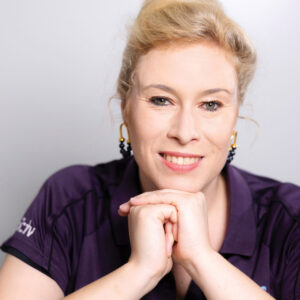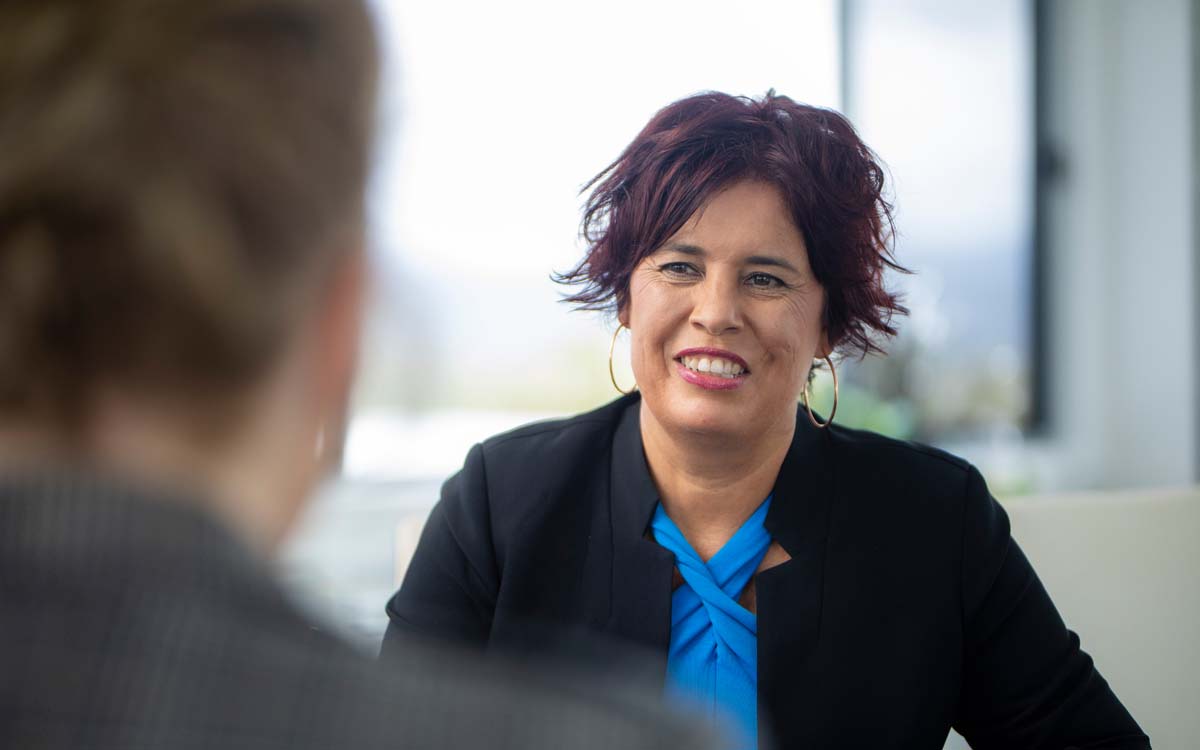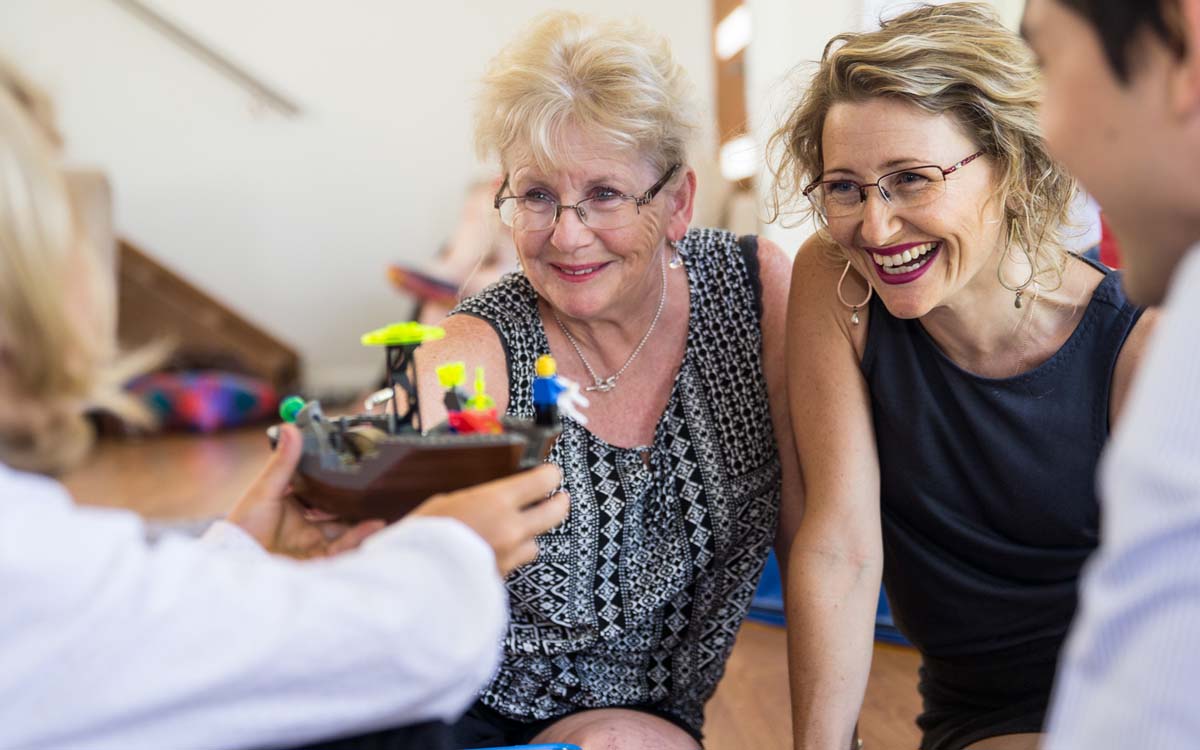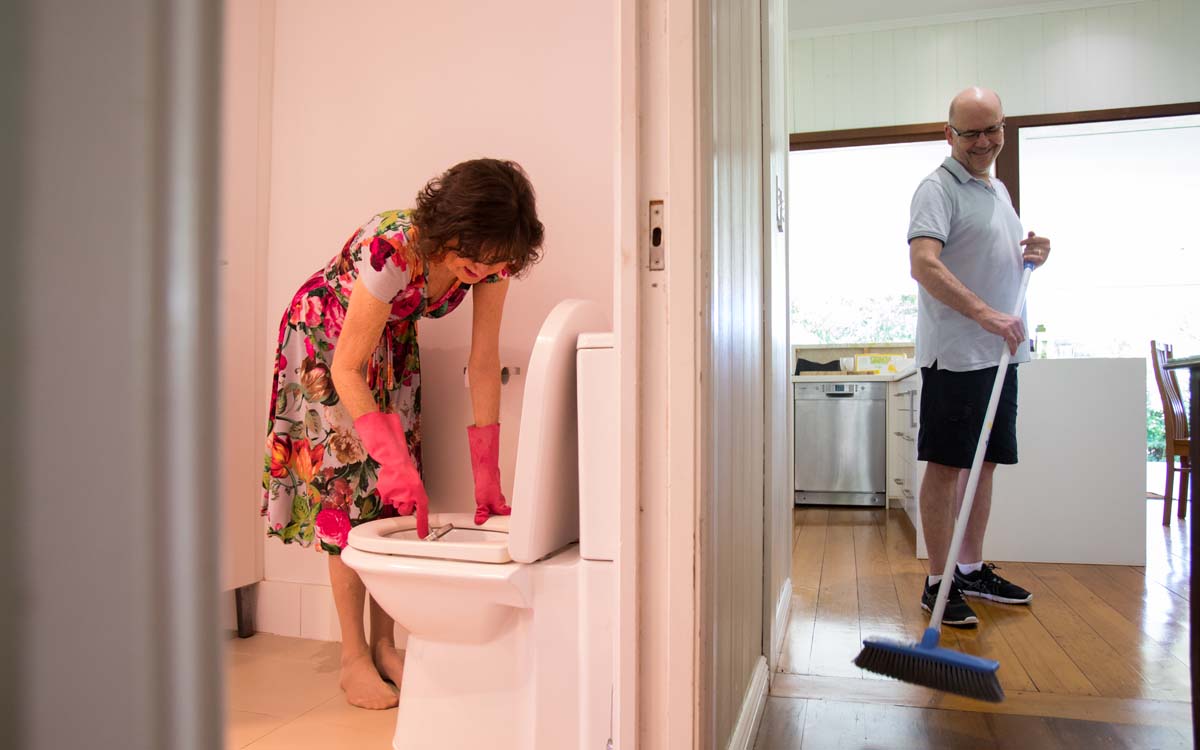We often don’t think of asking for help as something that needs to be taught. We tend to assume that children, teenagers and adults alike, know this skill innately and should be able to apply it, across all parts of their life. However, in reality, this is often not the case. People of all ages can find it difficult to ask for help and in some cases, it doesn’t even occur to them that they may need to.
This is particularly true in the school setting. Children in preschool, primary and high school settings frequently need to be taught when and how to ask for help. There can be numerous barriers to asking for help with ease, including:
- Not recognising when they need help
- Not feeling confident to interact 1:1 with a teacher
- Not wanting to acknowledge that they don’t already have a complete understanding of the topic taught
- Not wanting to acknowledge that they may have made a mistake
- Not feeling confident to acknowledge that they need help in front of their peers
Students of all ages may need the skill of asking for help to be broken down and explicitly taught, including aspects such as:
- What the preferred method of asking for help in that setting is
- When it is an appropriate time to ask for help that requires a 1:1 conversation with a teacher
- How to isolate which part of the task they find challenging and how to frame this as a specific question
- How to continue asking qualifying questions after the teacher has answered the initial question but they still don’t understand
These skills often need to be specifically taught to students so they can apply them correctly and in full. In addition, students will sometimes need support to ask for help in front of their peers and learn how to respond to comments and reactions or their own self-consciousness.
High school students frequently need to be taught when and how to seek support if there are aspects of a curriculum task or unit of work that they don’t have a fully consolidated understanding of.
Students don’t always realise that they need to actively seek support from a teacher if they have gaps in their understanding that they cannot fill in themselves, through reviewing their notes, text books or other material. Often, high school students will need support to understand how to isolate the aspect of a topic they find challenging into a defined question, how to put systems in place to keep track of any questions they might have as they work through their homework or assignments and when and how they can access their teachers to ask these questions.
Being able to seek support from a teacher to fill in the gaps in a student’s understanding of a topic can markedly increase a student’s performance in academic tasks and decrease their anxiety around participating in classroom learning. They then have the tools to get to a point of understanding of all content taught, even if they initially found it challenging.
It can be very valuable for parents, teachers and other supporting adults in a child’s or teenager’s life to regularly talk to them about how they are going with their understanding of the curriculum work and their ability to perform curriculum tasks. They may require support to recognise when they need to go to a teacher to develop their understanding of a topic they haven’t fully grasped yet or other skills they may not be strong in, such as essay writing, preparing reports for specific subjects or practical tasks for subjects such as design and technology, art or woodwork.
Checking in and supporting a student to develop the skills to ask for help can greatly improve their participation in the school setting, develop their academic performance, lower anxiety and assist them to develop essential skills that they will take into other parts of life beyond school.







